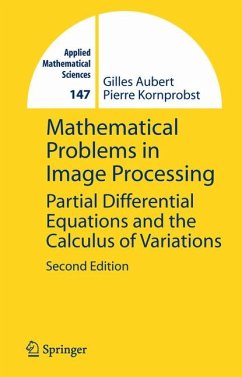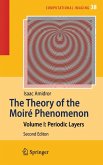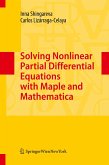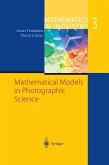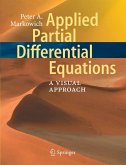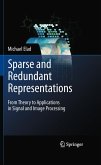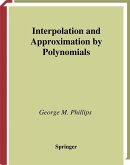During the four years since the publication of the first edition, there has been substantial progress in the range of image processing applications covered by the PDE framework. The main goals of the second edition are to update the first edition by giving a coherent account of some of the recent challenging applications, and to update the existing material. In addition, this book provides the reader with the opportunity to make his own simulations with a minimal effort. To this end, programming tools are made available, which will allow the reader to implement and test easily some classical approaches.
Reviews of the earlier edition:
"Mathematical Problems in Image Processing is a major, elegant, and unique contribution to the applied mathematics literature, oriented toward applications in image processing and computer vision.... Researchers and practitioners working in the field will benefit by adding this book to their personal collection. Students and instructors will benefit by using this book as a graduate course textbook."
-- SIAM Review
"The Mathematician -- and he doesn't need to be a 'die-hard' applied mathematician -- will love it because there are all these spectacular applications of nontrivial mathematical techniques and he can even find some open theoretical questions. The numerical analyst will discover many challenging problems and implementations. The image processor will be an eager reader because the book provides all the mathematical elements, including most of the proofs.... Both content and typography are a delight. I can recommend the book warmly for theoretical and applied researchers."
-- Bulletin of the Belgian Mathematics
Dieser Download kann aus rechtlichen Gründen nur mit Rechnungsadresse in A, B, BG, CY, CZ, D, DK, EW, E, FIN, F, GR, HR, H, IRL, I, LT, L, LR, M, NL, PL, P, R, S, SLO, SK ausgeliefert werden.
Hinweis: Dieser Artikel kann nur an eine deutsche Lieferadresse ausgeliefert werden.

